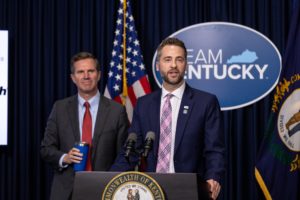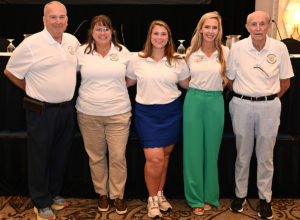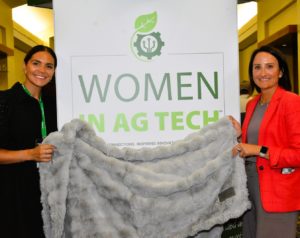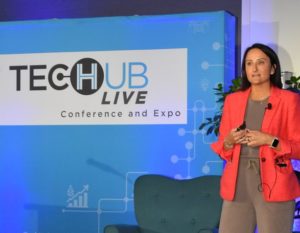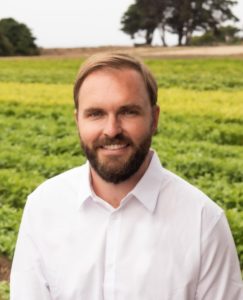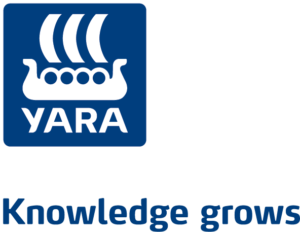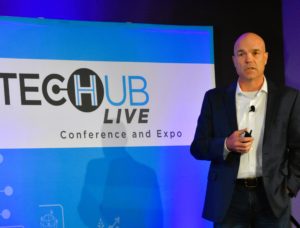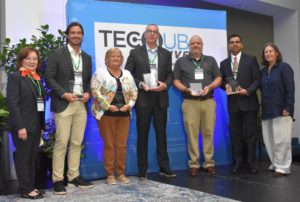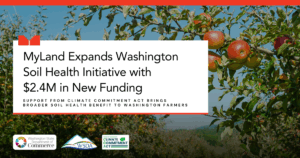Located on the campus of Alltech’s global headquarters in Nicholasville, Kentucky, this state-of-the-art facility — ACS’s first U.S. production plant dedicated solely to crop science — will produce more than 66,000 gallons of biological fertilizers per shift per month and create six new full-time jobs. Made with beneficial microorganisms, biofertilizers improve soil fertility, stimulate root development, enhance nutrient uptake and support a healthier soil microbiome. These biological solutions offer farmers an environmentally responsible alternative to traditional chemical fertilizers, helping reduce reliance on synthetic inputs.
“This USDA grant is a major step forward for farmers seeking natural, science-based solutions,” said Dr. Steve Borst, vice president of Alltech Crop Science. “By expanding our production capabilities here in Kentucky, we are investing in our local economy, providing farmers with high-quality biological solutions that improve soil and crops and contributing to a more resilient agricultural system.”
Steve Borst, Alltech Crop Science (1:15)Kentucky Gov. Andy Beshear announced the expansion project on Thursday.
“Kentucky’s manufacturing and agriculture sectors have been crucial in contributing to our state’s recent economic momentum,” said Gov. Beshear. “We continue to see global companies like Alltech invest and reinvest in the commonwealth and our communities, providing quality jobs for Kentuckians. I want to thank Alltech’s leaders for their years of commitment and investment in Kentucky and congratulate the company on receiving this award from the USDA. I look forward to seeing Alltech’s successful expansion in Nicholasville.”

